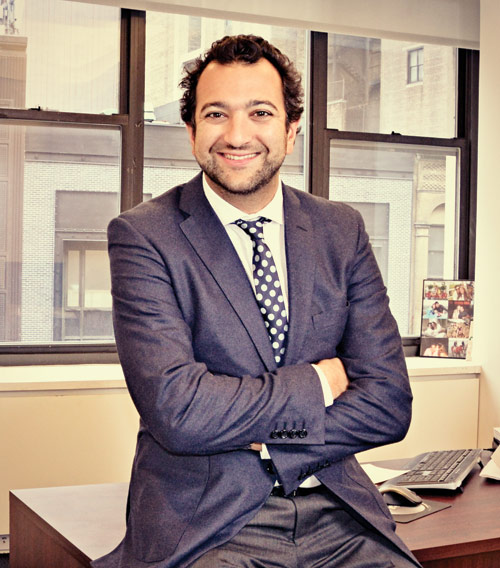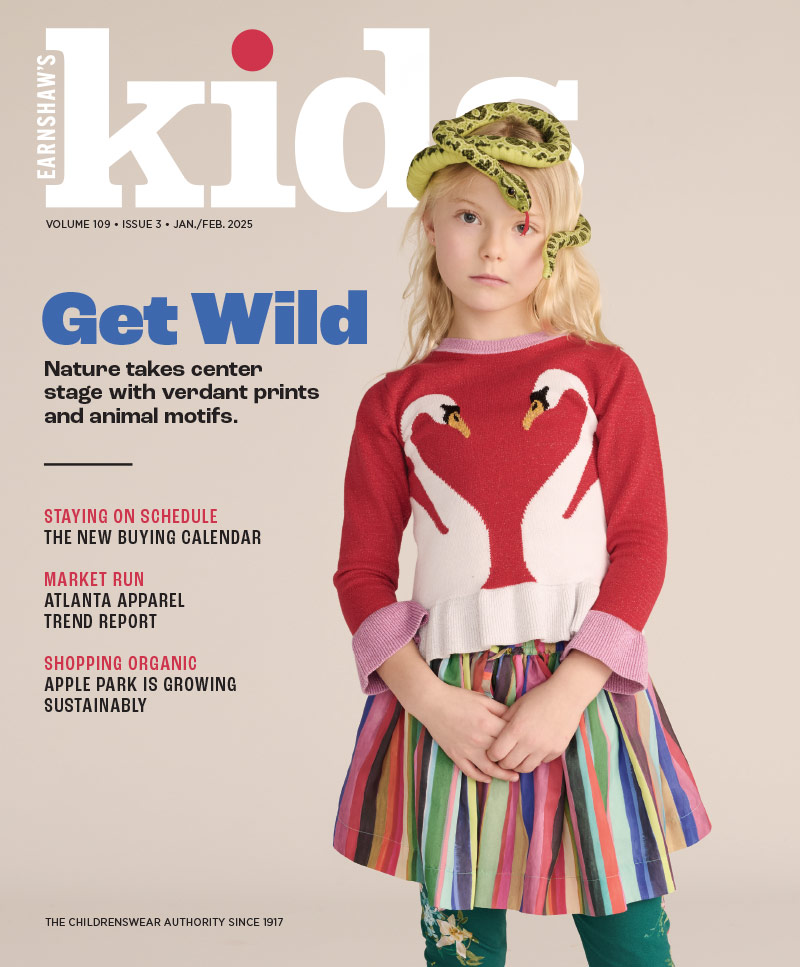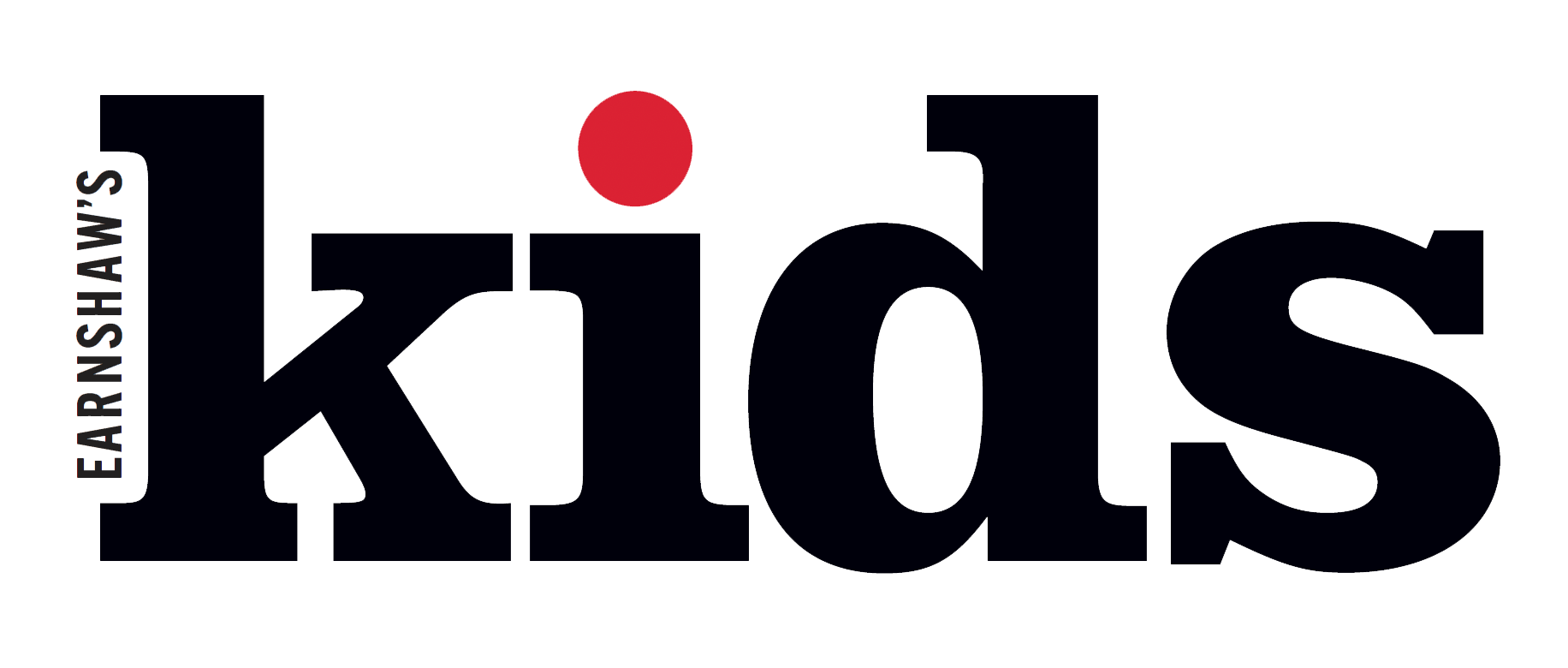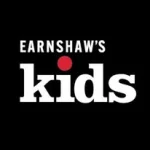Albert Pardo, president of Five Star Apparel, on why there’s no substitute for hard work.
 When president albert Pardo talks about Five Star Apparel, a licensee company he founded in 2005 together with the Oved Group and the Betesh family, you pick up on two things: passion and a sense of accomplishment. He loves what he does—that part comes through loud and clear—and relishes how far the company has come over the years.
When president albert Pardo talks about Five Star Apparel, a licensee company he founded in 2005 together with the Oved Group and the Betesh family, you pick up on two things: passion and a sense of accomplishment. He loves what he does—that part comes through loud and clear—and relishes how far the company has come over the years.
In 11 years, the company that started out as a childrenswear licensee for urban and hip-hop brands has morphed into a major player in the high-end denim arena catering to stores like Nordstrom, Bloomingdale’s, Kohl’s and Costco, as well as 500 unique specialty accounts.
Five Star Apparel has partnered with some of the biggest names in the category—for childrenswear, Vigoss Jeans, Hudson, Lee, True Religion, Akademiks, and for menswear, Izod and Weatherproof.
Chat Room
What are your hobbies?
Well, I have three kids now, ages 8, 6, and 3. Before I was a dad, my hobbies were sports and working out. I try to fit that in, but when I’m not working I try to spend as much time as I can with my children. They’ve become a hobby and an enjoyable hobby.
What do you like to read?
I read a ton. I’m an avid reader. I read almost anything—articles, books, newspapers. I read The New York Times and recently read a book called Grit: The Power of Passion and Perseverance by Angela Duckworth and The Goldfinch by Donna Tartt.
If you could have a beer with someone, who would it be?
I don’t drink beer so it’s probably going to be wine or Tequila. I have an uncle of mine who passed away, named David Pardo, my dad’s brother. He was born with polio and was in a wheelchair. He was a mentor of mine as well as a go-to.
What would people be surprised to learn about you?
I think the people who I work with would be surprised that I’m able to turn the switch off from time to time. When we get to work, we’re pretty plugged-in here. When I contact my team out of work, we’re always talking strategy, addressing issues. I definitely know how to turn the switch off when I’m not here and I think that would surprise my colleagues. It takes a lot of practice. I actually started to meditate and I like it. You try different things and this one’s working right now.
As a licensee, Pardo and his firm play the delicate balancing act between fulfilling brands’ DNA, making sure factories meet Five Star environmental and labor law requirements and satisfying retailers, suppliers and, of course, the end consumer. It’s like walking a tightrope, says Pardo, but it’s just where he’d like to be.
“I think we’re a young company swimming with older companies and we find that to be very, very exciting,” he says. “We find it exciting to be swimming with big fish. And maybe, we add a jolt of energy.”
Add to that, the famously tricky industry these days—retail, contending with oversaturation, and customers who are increasingly spending money on technology or experiences rather than clothing—and Pardo has his work cut out for him.
That said, the company is on solid ground, he says. “We’re thriving in very choppy waters,” he says, declining to say much more because the company is privately-held. “Beyond that, I can’t divulge because my partners will shoot me,” he quips.
At the core of the company’s transformation over the years is a sustainability sourcing policy which keeps his team hopping planes to places like Pakistan and Bangladesh to keep an eye on compliance with local labor and environmental law. He, himself, was on his way to China. In short, he’s not exactly a desk guy.
It wasn’t that long ago that many apparel brands—remember the sweatshop accusations against Kathy Lee Gifford’s Wal-Mart line in the ’90s?—found themselves on the short end of the stick in terms of following a strict sustainability and labor law program, particularly in other countries. Now, says Pardo, you can’t exist without it. The pressure from retailers is one thing. More importantly, it’s the right thing to do.
Earnshaw’s sat down with Pardo to discuss the childrenswear business, why all roads lead to denim and discussed the many moving parts of his complicated trade.
b b b
How did you get into the apparel business? I was in college [Baruch College’s Zicklin School of Business] and was seeking a summer internship. My family, on my mother’s side, had a pretty dynamic children’s wholesale childrenswear company called Happy Kids. And I took a summer job there. I took an immediate liking to it. My dad [Claude Pardo] was always in the retail business—he had a bunch of bargain stores in Manhattan. He never liked to be waiting for the customer and he felt that, in wholesale, you’re going to the customer. So that clicked for me. I stayed there for about six or seven years. It was just fantastic. I call it my Happy Kids university.
What was one of the first lessons your learned? I’ve always been around hard work whether it was my dad or my uncle and there are no shortcuts. They stressed the importance of really knowing your stuff, of being flawless in terms of your preparation. Winging it was something that wasn’t tolerated.
How did you start Five Star Apparel? My family’s company was sold for a variety of reasons and I was very familiar with the Oved and the Betesh families. We were familiar with each other, living in the same neighborhood and in the same industry. They were a menswear company. As key licensed brands came across our table, denim became a core competency. We’re a licensee of the brands. There’s a lot of great DNA that these brands have created and continue to foster. And we’re lucky and proud to be a part of what they’re doing and really acting as a brand extension in the genres that we’re in.
How has your business changed over the years? At the beginning, we were big in the urban, hip-hop arena. And we were successful in urban kidswear but nothing had longevity and we saw the writing on the wall. And it was very important to us that we associated with global entities—real national or global brands—that would mesh with our entrepreneurial spirit. We wanted to partner with brands that would last for eons, not just a hot minute. From a retail standpoint, we’ve enhanced our sustainability and our social compliance and we really went with the times and adjusted.
How difficult is it to forge alliances with big-name brands?
Every relationship has its nuances. There are certain requirements—each brand has its own culture and it’s our job to mold what we’re doing to how they’re doing it and, again, be a brand extension. I really wouldn’t call it challenging. You gotta know what the brand’s supposed to be. Hudson Jeans has to be what Hudson Jeans is all about. It can’t be True Religion and it can’t be Lee. There are a lot of components that make each brand unique. And we treat each of them like they’re their own business with dedicated staff, marketing, sales, design and product development. Obviously, we share some things so that we can have certain economies of scale. But each brand has to have its own strategy.
Do you plan to partner with more brands? We’re certainly happy with the group that we have now. But our eyes are open for anything different that serves a white space. Our eyes are never closed. But we’re not looking to take things just to take things. They have to be very special and unique and be scalable to be able to create an imprint in the marketplace.
What lead the company to denim? In adult denim, business ebbs and flows. Is that a risky proposition long-term? Nobody in kidswear catered to elevated denim and a more sophisticated quality and better fit. Denim ebbs and flows for kids as well. But we adjusted denim in terms of making it very comfortable with a vast array of high-end fabrics that sometimes don’t even feel like denim. We were on knit denim years ago. When premium denim was doing stretch, we were doing stretch. So we really try and push the envelope. If you make it comfortable, make it fit and make it affordable—and affordable can mean many things based on the brand—you’re going to be a destination that people come back to. I think we’ve figured out how to become that guy.
Is this a trend that’s going to continue in childrenswear—that it will progressively get more advanced? Yeah, even Target is upping their game. I think the States has a lot to learn from Europe. It’s a much more fashion-forward environment. But there’s Zara here and the U.S. consumers are voting for it. So what does that tell you?
You say you spend a lot of time scrutinizing fit. Why? If it doesn’t fit, it doesn’t sell. And if if doesn’t fit, they won’t come back to you. We look at reviews of the product. It’s a critical component of clothing. Period. E-commerce is definitely part of it. If you’re not focusing on e-commerce, you’re not living on planet earth.
What are some of the biggest challenges in the marketplace right now? Retail is challenging. We all read about it and it’s true. People are spending money on a lot of different things today—technology, food, experiences. At least where I’m sitting, parents and kids still need clothes. Children outgrow their clothes. It is a necessity. So then how do you make that necessity exciting? I look at it as a positive. While retail is challenging—there is an oversaturation of stores—I think in time it will work out for everybody. There are a lot more consumers out there because of the Internet. I think retail is in a transition. Also, the consumer today wants to feel like they’re in an environment. They go to Zara to feel a vibe. They go to Victoria’s Secret to feel a vibe. I don’t think people want to go into stores and see racks of clothes… unless it’s super-promotional. I think those are challenges that will be met by retailers and those that don’t will close.
How is the U.S. consumer behaving these days? Sales are very weather-related. It’s very important to know it’s a very wear-now environment that we’re in. The consumer is still voting for the right brand at the right value. Value doesn’t necessarily mean cheap today. Mom will pay. We have Hudson jeans that are priced $49 to $69 and we see sell-throughs that are just as good as those that are priced $19.99.
What are your global aspirations? We sell mostly to North America but global is a focus of ours for the near future. Especially, with the brands that we have, they are global and they have a global outreach. We’re looking at Europe, Asia, South America and the Middle East. We already sell to other parts of the world; it will just be a more sizeable business for us in the future.
Your factories are located all over the world. How hard is it to control the production in terms your core principals, sustainability and labor laws? We produce in India and China, Mexico, Bangladesh and in Pakistan. We have a vast sourcing structure. Countries, dynamics and current events make countries different and we have a very very intense department that just focuses on that. We constantly send people to these places. We are evaluating our own factories and making sure they really follow the letter of the Five Star law to be of the upmost integrity and social compliance. It’s a very critical point on the to-do list for this company every single day.
How important is sustainability to the consumer? The end user doesn’t know all of the processes that go into what we sell, but you can’t exist today and not take sustainability seriously. You can be there for a hot minute but not for the long-term. I don’t think there’s longevity to being irresponsible. And I think lack of sustainability is irresponsible.
Do retailers put the pressure on brands to be sustainable?
Yes, they do. They do because retailers have a lot to lose if they’re not on their game.
Where do you want to see your business year from now? We want to become known as more than a denim company. I think that’s important. I think that it’s great the markets that we cover right now but I think there are markets that we are not touching. There’s a lot of room for growth. I think our creativity and our integrity coupled together is not something that everybody can deliver today. I’m proud of what we do and how we do it. Looking 10 years down the road, do I see Five Star being double or triple the size? I do. But I still don’t want to ever lose the entrepreneurial spirit that we currently have to make a quick left, or to make a U-turn, or to provide something quickly that’s fashion-forward or fashion-right. I don’t want that to ever change just because we’re growing.
What is your philosophy on managing a team? It’s really all about integrity, honesty and creativity and when you have those components, relationship-building comes easy. Doing things right—everybody wants to be around that. So that’s the culture we try to build. Also, the way you treat the janitor and the way you treat the DMM shouldn’t really change that much in terms of respect that you have for people.
What do you love most about your job? I love people, the internal team building, the creativity part of the business, and the constant strategic thought process that goes into it. I love the journey, the journey of building, growing, innovating, forging new exciting relationships with your team, with your licensors, with your retailers and with your supply chain base factories. There are so many cogs in this business and each of them is important.
I find that dynamic and it doesn’t stop. •




 From milestones to everyday magic, @ryleeandc
From milestones to everyday magic, @ryleeandc

 BEST IN SHOW: @milaandrose
Twirl-worthy, pla
BEST IN SHOW: @milaandrose
Twirl-worthy, pla





 This season’s
This season’s

 We had an i
We had an i


 Make Your Message Unmissable in 2025!
Get ahea
Make Your Message Unmissable in 2025!
Get ahea





 F
F



Leave a Comment: